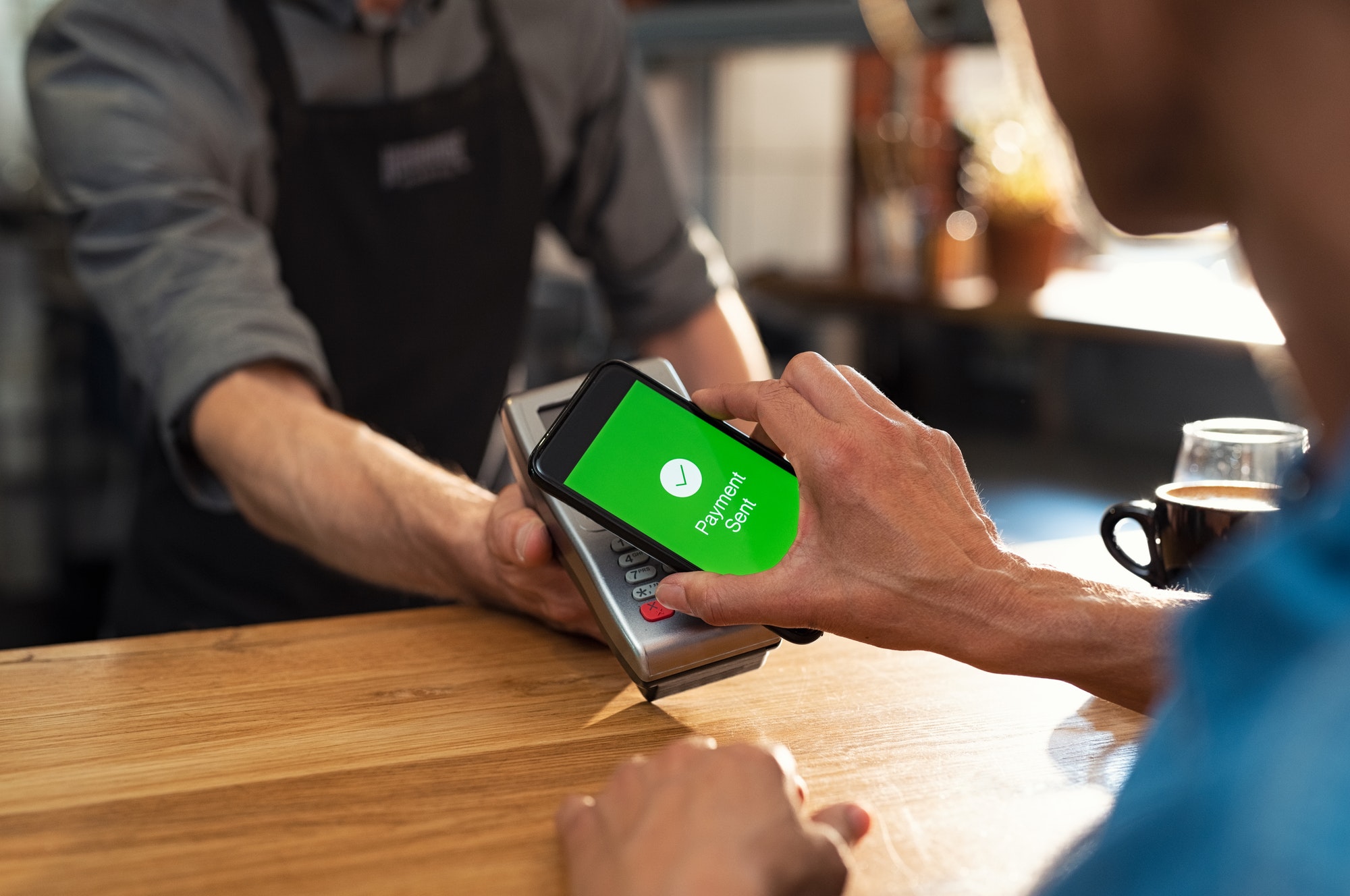Finding a convenient way to pay is rarely a problem.
You may be satisfied with the bill payment options your bank offers. But if you’re looking for other ways to pay—and be paid—you shouldn’t have any trouble finding an alternative. In fact, you may want to investigate several.
PAYEE REQUESTS
Rather than using your bank’s bill-pay software, you can authorize your payees to debit your checking account when a payment is due. Direct debit assures that your payment is made on time even though the amount may not be transferred from your account immediately.
Just be sure, when you authorize a debit in this way, to record the confirmation number that appears on the payee’s website and hold onto it until the statement reflecting payment arrives.
Authorizing debits requires you to share your bank account number, something that may make you uneasy. When payees are reputable institutions, such as the banks that issue the credit cards you use, your wireless telephone provider, or the company that financed the purchase of your car, there’s virtually no chance that your account will be at risk. But you want to exercise caution in making your banking account information more widely available, just as you would with sharing your Social Security number.
You may also want to be careful before you schedule recurring payments, especially those where the amount varies from month to month. Preauthorizing a debit of an unexpectedly large payment could risk overdrawing your account. In addition, if you authorize each payment separately, especially in the case of credit cards, you can decide how much to pay each month. With a prescheduled debit, the only options may be paying the full balance or the minimum amount due.
POP GOES THE MONEY
Popmoney, which describes itself as a personal payment service, lets you make or receive person-to-person payments, pay bills, or make gifts electronically, using your existing checking, savings, or money market account.
Payers must provide an email address, mobile phone number, or bank information for the payee so the transfer can be made. There is a mechanism for refunding transactions that can’t be completed—for example if the payee doesn’t respond—but payers are responsible for providing correct contact information.
The service is free for recipients, while senders may or may not pay a fee, depending on where they bank. But there are limitations. There are daily and monthly dollar transfer limits, the service works only within the United States, and up to three days may elapse between authorizing a payment and completing a transaction— though real-time payments may be available through banks that offer the option.
For more information, or if your bank doesn’t participate, you can contact www.popmoney.com. There’s also a Popmoney service for small businesses.
PREPAID DEBIT CARDS
You can use a prepaid debit card any place you can use a regular debit card. The difference between the two is that the amount you can spend is loaded onto the prepaid card rather than debited directly from a linked account.
The advantage of using a prepaid card is that it’s much harder to overspend. That’s because you have no overdraft option. But the potential risk is that some cards carry fees that consume a substantial portion of the amounts loaded on them. So investigate fees carefully before you choose a prepaid card and confirm that your balance will be refunded if your card is lost or stolen.
PAYPAL
You can use PayPal to pay for purchases, be paid for something you sell, or send money to another person, all while guarding the privacy of your personal financial information. Buying is free, and so is transferring money, provided you send it from a linked bank account or a PayPal account. If you transfer money using a debit or credit card, you pay the same fee that you do when you sell. Fees on international transactions are higher.
PayPal describes itself as a digital wallet where you can link your various financial accounts, including banking, debit, and credit arrangements, to a PayPal account and choose the one you’ll use to make a payment. The privacy feature, which means, among other things, that you never have to share your credit card or bank account number, is a major attraction.
PayPal isn’t a bank, does not insure the money in your PayPal account, and isn’t regulated by any federal or state authority. And not everyone is happy with its service. There have been glitches over the years, and banks provide some services that PayPal doesn’t. But there’s no question that PayPal is a major force in the world of electronic money.
BITCOIN
Bitcoin is one of the most controversial payment options in the still-evolving world of digital currency. This software enables person-to-person transactions worldwide using metaphorical electronic wallets.
Bitcoin payments you receive can be converted to local currency. But because Bitcoin is not a fiat currency whose value is established by an issuing government, it doesn’t have a fixed value and can be volatile. And as the website www.bitcoin.org warns, it’s a high-risk asset that’s not suitable for savings. You may not be ready to use it right now, but it’s probably worth learning more about.
A WARNING
Preauthorized debts can be a bad idea in cases when a payee is not scrupulously honest and continues to debit your account against your wishes. While it is legally possible to terminate such an arrangement, it may not be as easy as it should be. In some cases, banks have been faulted for profiting from abusive debit payments.




